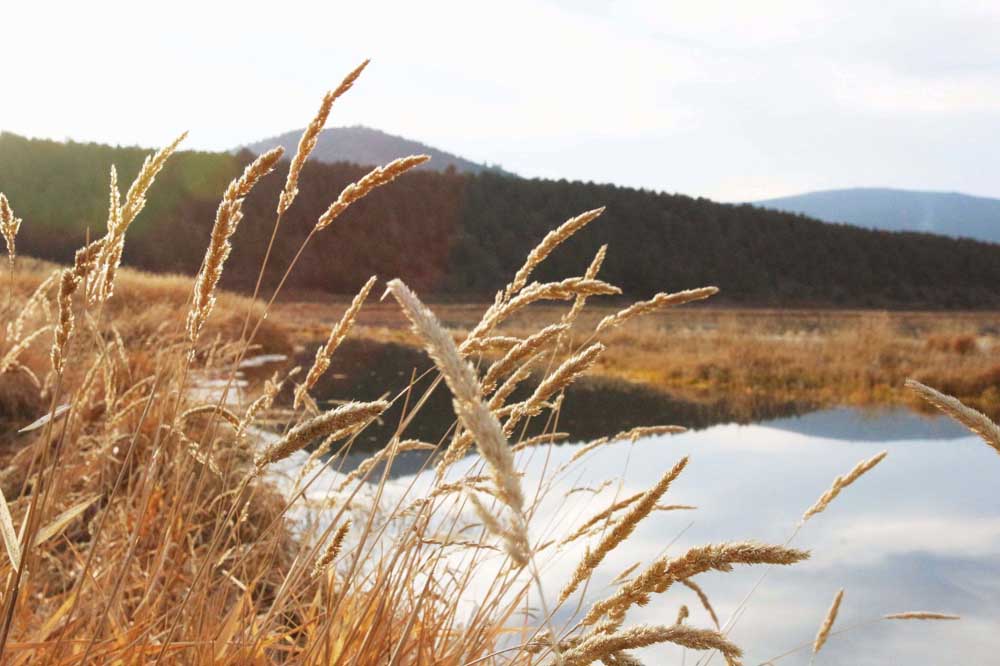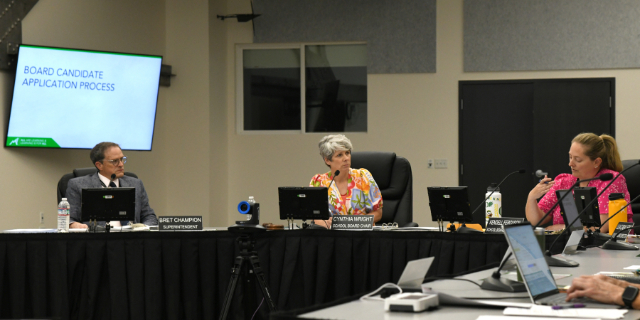Water transfer from Klamath Basin ranch to California refuge ruled lawful
Published 6:00 am Saturday, August 31, 2024

- The Oregon Court of Appeals has ruled that a water transfer between an Oregon ranch and a wildlife refuge that's largely in California didn't violate state water law.
Irrigators have failed to persuade the Oregon Court of Appeals that a water transfer between a Klamath Basin ranch and a wildlife refuge was unlawful.
The appellate court has determined the Oregon Water Resources Department didn’t violate state water law by authorizing the temporary transfer of 3,750 acre-feet of water from an Oregon ranch in 2021.
Though much of the transferred water ended up in California, the transaction didn’t have to comply with standards for out-of-basin transfers, the appellate ruling said.
“It is undisputed that the Upper Klamath Basin is a hydrological basin within both Oregon and California,” the ruling said.
The transfer from the Wood River and Crooked Creek to the Lower Klamath Wildlife Refuge was meant to benefit bird habitat and occurred at the behest of an environmental nonprofit.
Though the California Waterfowl nonprofit paid a ranch for the use of its water, the decision was challenged by a local landowners group and several irrigators.
Such transfers can only be approved under Oregon water law if they don’t adversely affect other water rights.
Fort Klamath Critical Habitat Landowners and other irrigators claimed the transfer deprived them of return flows by sending water out of the basin, preventing it from running back into local waterways after being diverted.
While the ranch ordinarily didn’t fully consume the irrigation water, leaving some for return flows, the transfer entirely removed its water rights allocation from the area, the opponents claimed.
Apart from reducing irrigation supplies by 50% or more for affected farmers, the approval exceeded OWRD’s authority because much of the water will end up outside its jurisdiction in California, the lawsuit alleged.
According to the opponents, OWRD approved the transaction even though it didn’t comply with the requirements for out-of-basin transfers, as the agency determined it wasn’t subject to those criteria.
The transfer also impermissibly changed the water’s “character of use,” since the water is authorized for livestock watering and not for wildlife habitat in the refuge, according to opponents.
Last year, however, a judge rejected these arguments against the transfer, ruling the allegation of water loss is “speculative and is insufficient to prove a legally cognizable injury,” as the OWRD “properly applied the full water rights analysis.”
The ranch’s full use of its water right doesn’t equate to an injury to other irrigators, regardless of whether the water is transferred or not, and the character of use isn’t altered due to the transfer, according to the dismissal ruling.
The appellate court has now upheld that earlier opinion, agreeing with Marion County Circuit Judge Audrey Broyles that OWRD correctly applied state water law under the circumstances.
Though Oregon water law refers to “river basins within this state,” that doesn’t render the transaction an out-of-basin transfer, since basins can “extend hydrologically into another state,” according to the appellate ruling.
“We do not think that there is any ambiguity in the statutes on this point,” the appellate ruling said.
The appellate court rejected the argument about a lack of return flows to other irrigators, ruling that the “alleged deprivation of water” resulting from the ranch’s “use of its full legal water right is simply a feature of the prior appropriations system.”
Under the Western doctrine of prior appropriations, irrigators with older water rights have a priority to use the water over those with junior rights.
The appellate court determined that transferring the water to the refuge doesn’t change the character of use, as the water right is “not limited to irrigation for agriculture.”
Oregon regulations define irrigation as the “artificial application of water” to nourish crops or other vegetation, the appellate ruling said. “The rule’s text does not restrict irrigation to agricultural uses—in fact, its list of examples includes non-agricultural uses.”
The opponents also claimed the transfer violated regulations against wasting water, as much of it would be lost to seepage and evaporation as it traveled through 40 miles of irrigation canals between the ranch and the refuge.
The appellate court has dismissed this argument, agreeing with OWRD that the transfer “did not order waste,” since concerns about waste must be raised during water rights “enforcement rather than through the approval process.”






